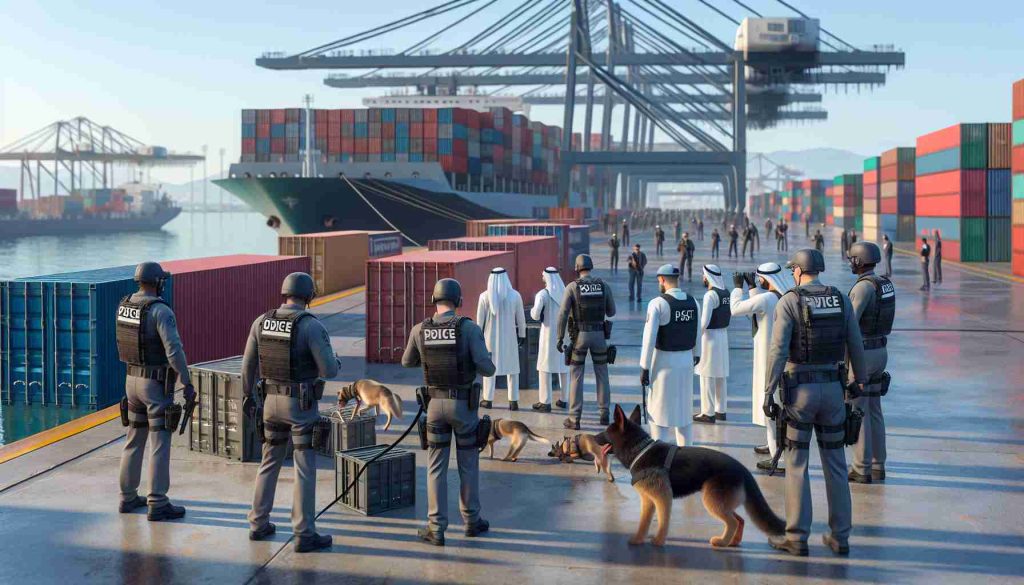Efforts to Tackle Illegal Meat Imports Ramp Up
2 min read
Customs authorities have raised concerns over the influx of unauthorized meat products making their way through border points. The scale of the issue is far more extensive than previously thought, prompting officials to escalate efforts to tackle this illicit trade.
Challenges to intercept and prevent illegal meat imports have been described as significant by enforcement agencies. The sophisticated methods employed by smugglers to bypass inspections have made it increasingly difficult to detect and seize contraband products.
Recent measures to enhance border security include increased surveillance and intelligence gathering, with a focus on disrupting the networks responsible for the illegal trade. Authorities are mobilizing resources to combat this growing issue and protect consumer health and safety.
The fight against illegal meat imports is a complex and ongoing battle that requires collaboration among international agencies. By sharing information and coordinating operations, enforcement bodies aim to strengthen border controls and stem the flow of unauthorized products entering the market.
Evolving Strategies to Combat Illegal Meat Imports and Key Considerations
Customs and law enforcement agencies across borders are intensifying their efforts to curb the surge of illegal meat imports, with new revelations shedding light on the magnitude of the problem. While previous initiatives have laid the groundwork for tackling this illicit trade, recent developments have highlighted additional factors warranting attention.
What are the key challenges faced in intercepting illegal meat imports?
The challenges in intercepting illegal meat imports are multifaceted, with enforcement agencies contending not only with the sheer volume of illicit goods but also the ingenuity of smugglers in circumventing detection methods. From hidden compartments in vehicles to elaborate packaging disguises, smugglers continue to innovate ways to evade authorities, posing a persistent challenge to enforcement efforts.
What are the advantages and disadvantages of heightened surveillance measures?
Advantages of increased surveillance and intelligence gathering include better identifying smuggling routes, disrupting criminal networks, and deterring would-be offenders. However, the disadvantages may involve resource intensiveness, potential impact on legitimate cross-border trade, and the need for stringent safeguards to protect the privacy of individuals under scrutiny.
Are there controversies or debates surrounding the methods employed in combating illegal meat imports?
Controversies may arise regarding the balance between security measures and trade facilitation, as stringent controls risk impeding the flow of legal goods and potentially causing economic disruptions. Additionally, concerns regarding the adequacy of penalties for offenders and the effectiveness of collaborative efforts among nations can spark debates on the most viable strategies for curbing illegal meat imports.
In navigating these complexities, authorities emphasize the importance of collaboration on a global scale to effectively tackle the illicit trade in meat products. By sharing intelligence, harmonizing border control practices, and implementing targeted enforcement actions, international agencies strive to enhance their capacity to safeguard public health and combat organized crime networks.
For more information on global efforts to combat illegal trade practices, visit United Nations Office on Drugs and Crime.






